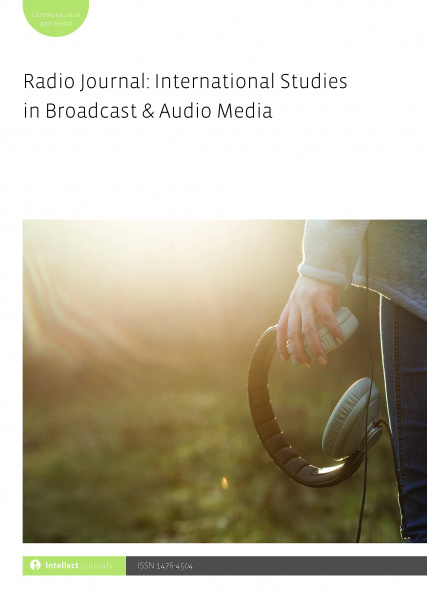-
oa Co-designing convivial tools to support participation in community radio
- Source: Radio Journal:International Studies in Broadcast & Audio Media, Volume 18, Issue 1, Apr 2020, p. 43 - 61
-
- 31 Oct 2019
- 12 Dec 2019
- 01 Apr 2020
Abstract
Connectivity made possible by the diffusion of digital technologies has offered new possibilities for the public to interact with media, including radio. However, interactions are often framed by globally managed platforms, owned by companies with values based on maximizing profit, rather than prioritising Illich’s forms of conviviality. In this article, we draw on experiences from the Grassroot Wavelengths project that introduces an innovative peer-to-peer platform to support the creation and management of community radio stations. We offer insight into the practices of participation in community media, where the users influence decisions concerning the technology, the content, the actors and the organization policy of the radio station, through a participatory design approach. These collaborations between researchers and users, together with a focus on the development of relational assets in local contexts, are fundamental in an attempt to design a platform that fosters conviviality and offers an alternative way to consider participation in community media.
Funding
- European Union’s Horizon 2020 Research and Innovation Program (Award 780890)



